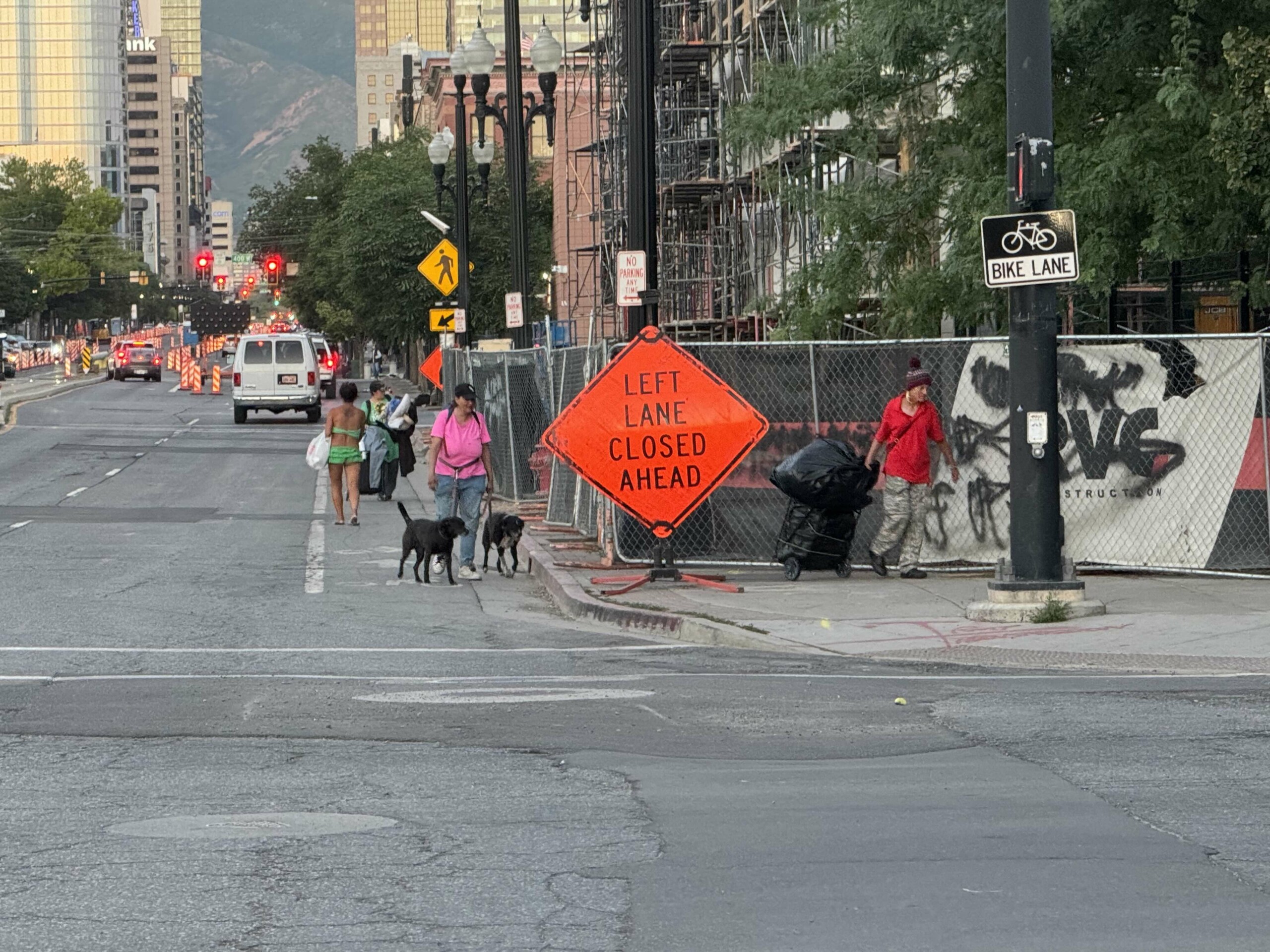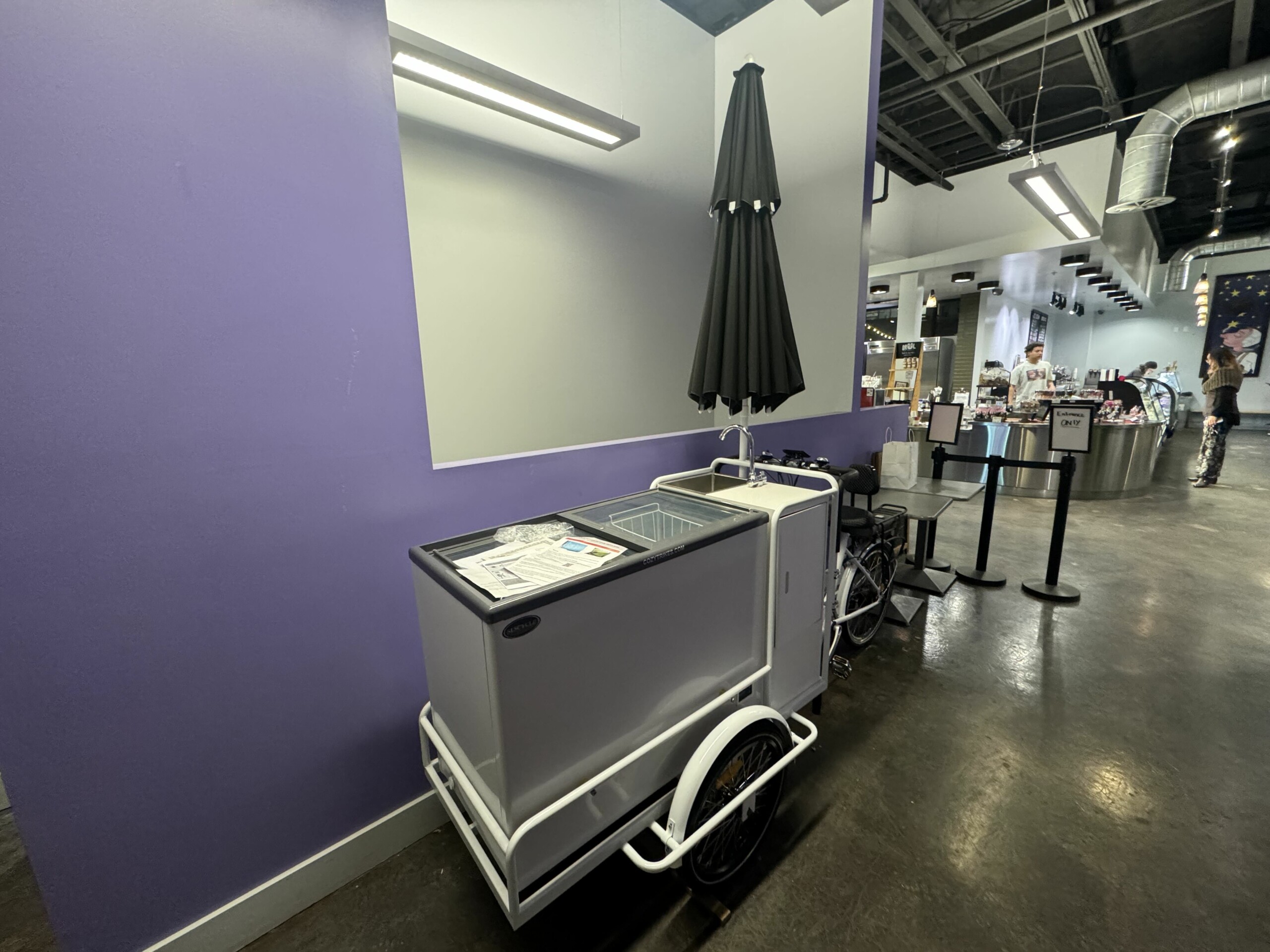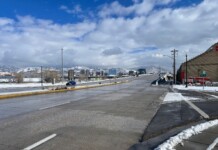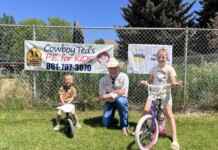By Kyle Harline and Cameron Carter, Bike Utah Policy Staff
SALT LAKE CITY, Utah (January 16, 2025) — Utah lawmakers meet from January to March each year for the state legislative session to debate and pass legislation. Among the issues discussed is active transportation, which has far-reaching effects on our communities, economy, road safety, and quality of life. Active transportation refers to human-powered movement—like biking, walking, scootering, or skating—that helps people recreate and get from one place to another
Promoting and protecting active transportation is key to creating accessible and vibrant communities. Expanding bike lanes and pedestrian paths encourages people to walk and bike, reducing traffic congestion and parking demand. Active transportation also improves physical and mental health and supports social connection. These improvements boost local economies by connecting people to nearby businesses and creating safer, more inviting public spaces.
This year’s bike-related bills are listed below. Follow Bike Utah’s Active Transportation Bill Tracker for updates during the legislative session, and consider donating to support this legislative work.

Bicycle Lane Safety Amendments (Rep. Mauga) (House Bill number to be assigned)
This bill aims to ensure bike lanes are free from obstructions and safety hazards. It prohibits vehicles from driving or parking within a bike lane unless signaling to turn or otherwise instructed by traffic signs (similar to state law in Arizona and Nevada). Additionally, it requires cities and UDOT to address bike lane barriers such as construction zones by minimizing the obstruction or providing a detour. This bill will improve bike safety, reduce road injuries and fatalities, encourage more active transportation, and support active, healthy communities.
Bicycle Rack Amendments (Rep. Mauga) (House Bill number to be assigned)
This bill provides new state funding for cities to install bike racks at businesses and in public spaces, increasing the presence of bike racks throughout the state. Lack of safe and convenient bike parking is often a barrier for many Utahns looking to bike to local businesses. This new state funding requires Utah cities to provide matching funds, ensure bike racks are secure and easily accessible, and create a fair and transparent process for businesses to qualify.
Traffic Safety Amendments (Rep. Fitisemanu) (House Bill number to be assigned)
This bill allows the use of red-light cameras at certain dangerous intersections in Utah as a pilot program within UDOT. State law currently prohibits the use of red light and speed cameras. This bill will likely improve road safety as red-light cameras are a proven tool for encouraging safer driving behaviors. Since intersections are often the most dangerous places for vulnerable road users, this bill will contribute to safer streets for people walking and biking.
HB 134 Food Cart Amendments (Rep. Dailey-Provost)
This bill clarifies state law to allow food carts be pulled by ebikes. Current law prohibits this practice since ebikes have an electric motor. This bill provides greater flexibility for food cart operators, allowing them to use ebikes as a more sustainable and accessible means of transportation for their business. This bill would allow Hatch’s Chocolates ebike powered ice cream food cart to hit the road after being denied by Salt Lake City. Cycling Utah has worked on this bill with Rep. Jen Dailey-Provost.

HB 88 Housing Policy Amendments (Rep. Ward)
This bill provides that an accessory dwelling unit (ADU) is a permitted use on single-family residential lots within an urban city (cities within a 1st or 2nd class county). Although this is primarily a housing bill, it also supports active transportation by promoting more compact and walkable development. By allowing ADUs in existing urban neighborhoods, this bill encourages development that makes walking and biking more practical and accessible for more Utahns.
HB 90 Zoning Amendments (Rep. Ward)
This bill provides that small lot homes, as small as 4000 sqft, are a permitted use within an urban city. Beyond the housing affordability benefits of this bill, it will allow for more compact neighborhoods that support walking and biking by placing homes closer to schools, parks, and local businesses. It also provides that housing is a permitted use in all commercial zones of urban cities, which will further support active transportation by encouraging development of mixed-used neighborhoods.
Citation on Connecting Communities (Rep. Loubet, Sen. Fillmore)
This citation recognizes how land use policies are often the most influential factor in shaping how people travel. As the state invests in transportation and housing solutions, this citation calls for greater focus on aligning these efforts with zoning policies that support more compact, walkable neighborhoods. Prioritizing this connection will ensure that future growth encourages active transportation, reduces car dependence, and fosters more vibrant, accessible communities.
How to Get Involved
Community involvement is vital to the legislative process. Your voice and actions can influence decisions that impact your community, making it essential to advocate for policies that align with your values and needs. Speak up about policies that impact your life.
The Utah Legislature’s website makes it easy to track bills, listen to committee hearings, provide public comment, and set up alerts during the 45-day session, from January 21 to March 7. Here are a few ways to engage during the session:
- Follow Bike Utah’s Active Transportation Bill Tracker and consider donating to support this legislative work.
- Text or email your State Representatives and Senators – Who represents me?
- Provide public comment at committee hearings during the session:










